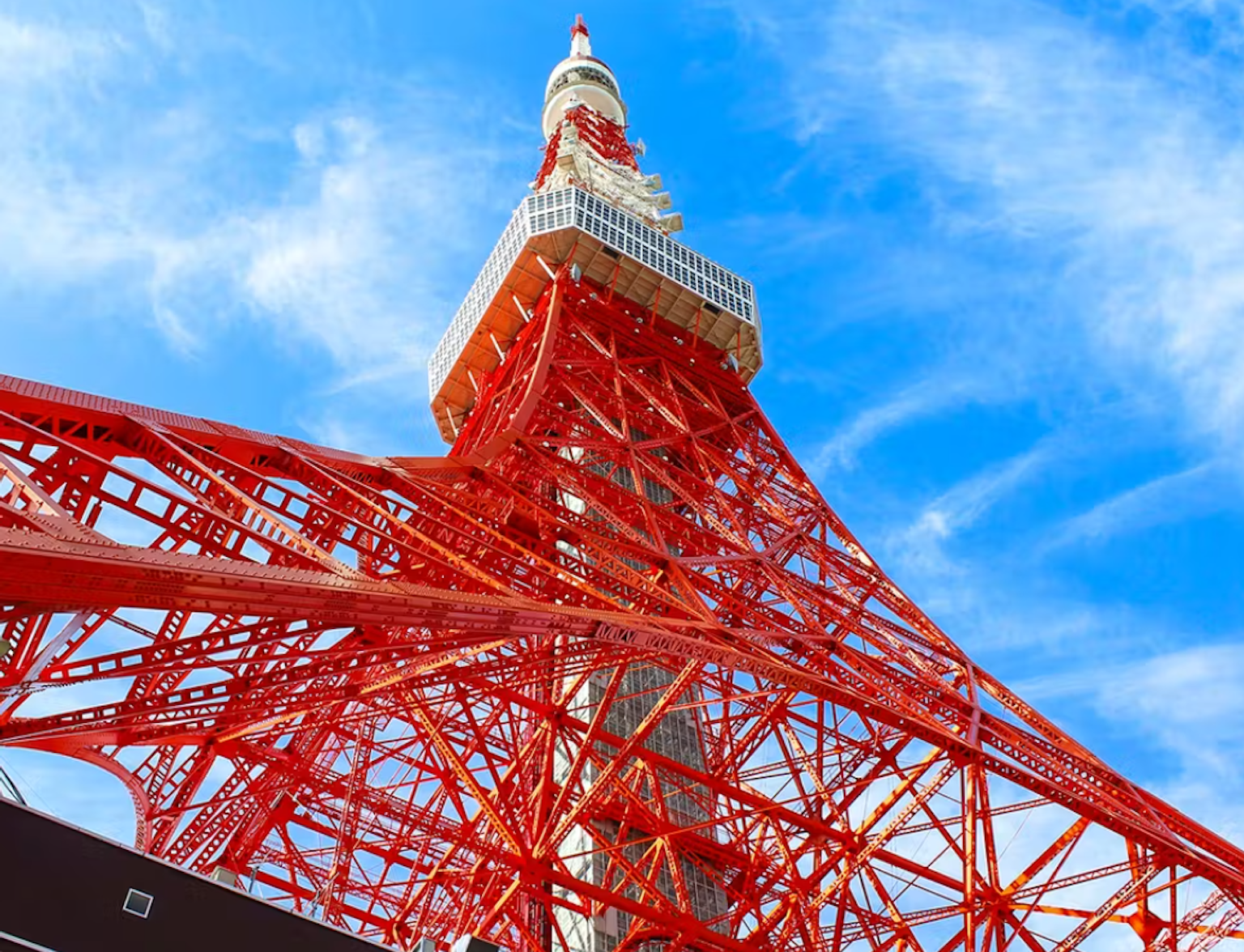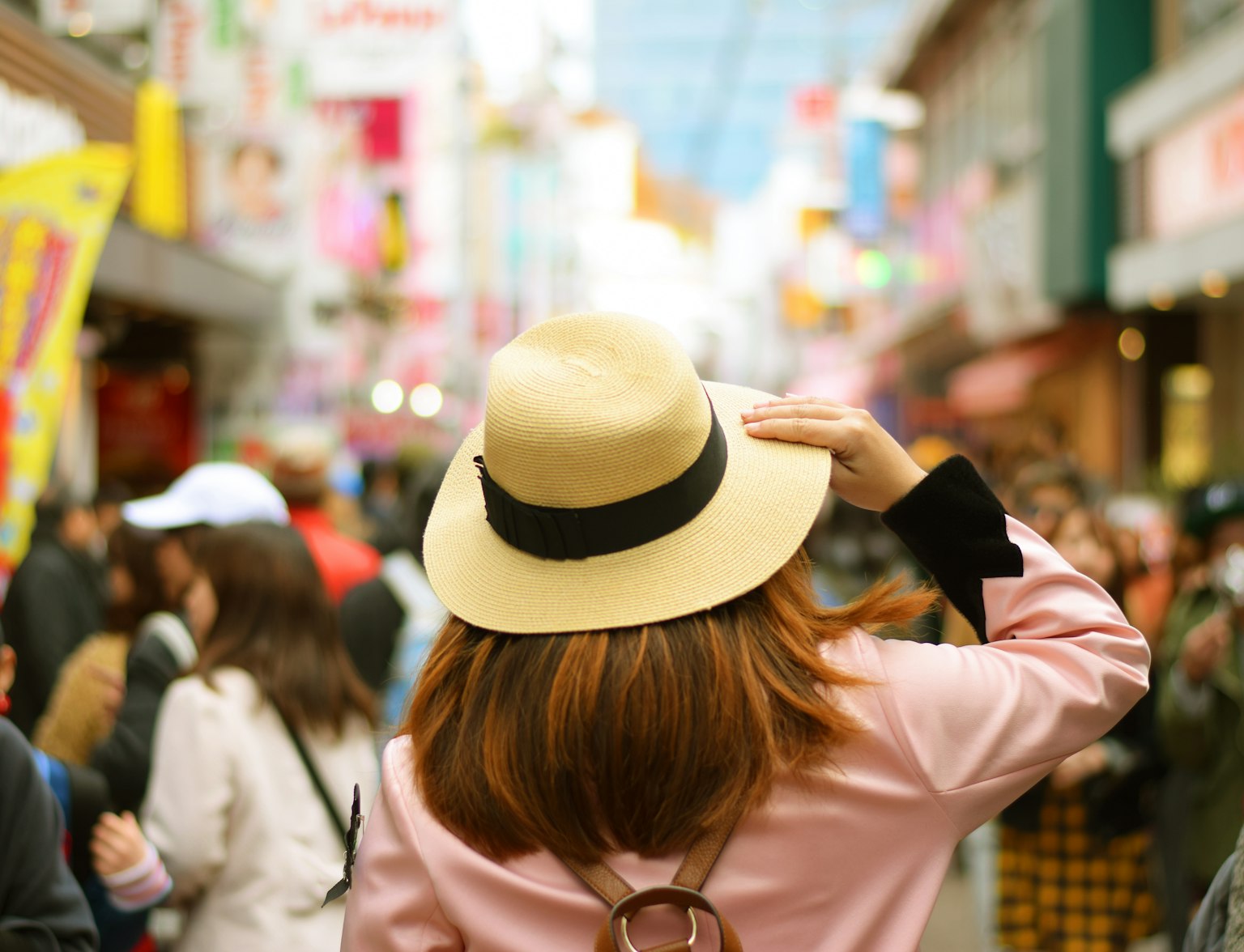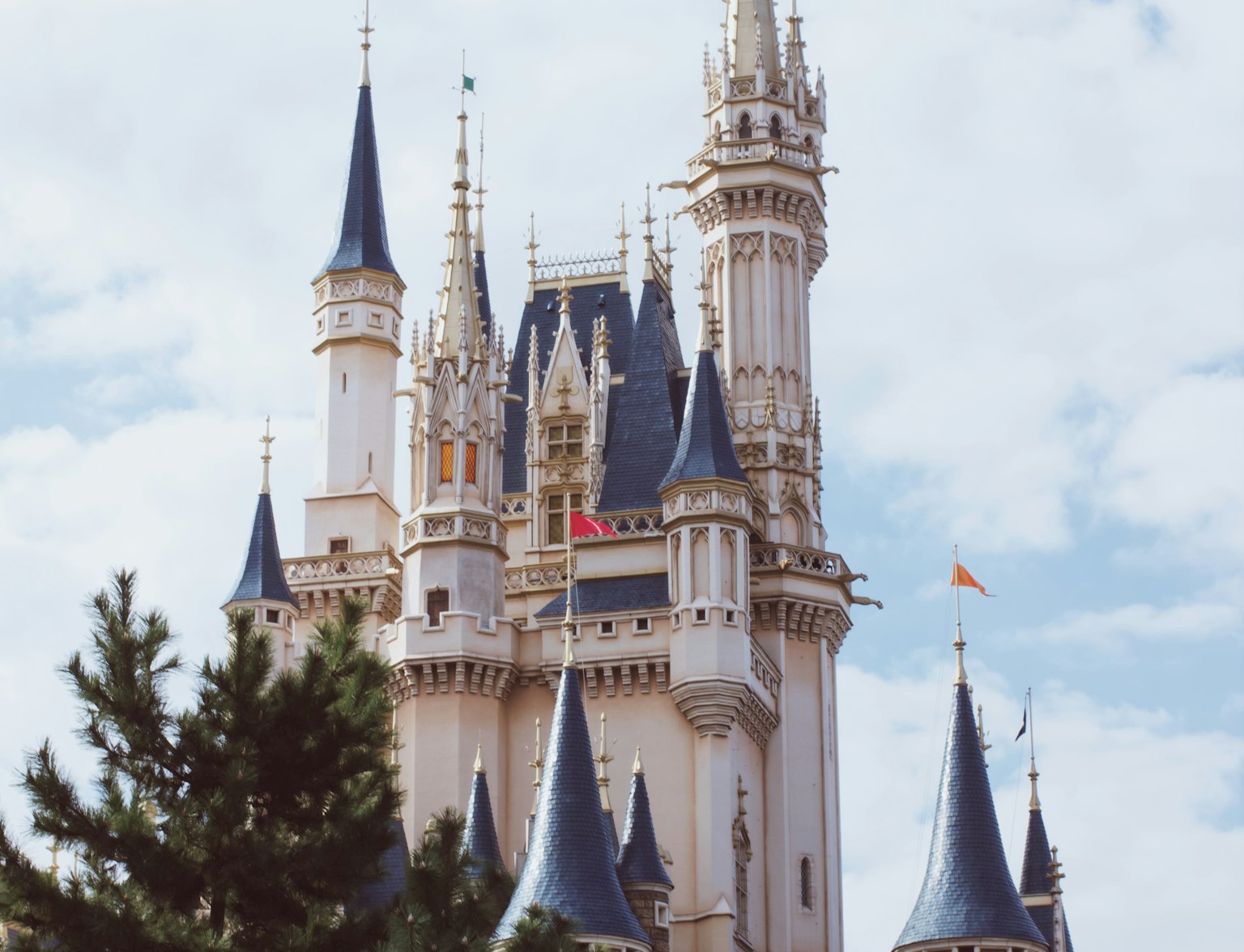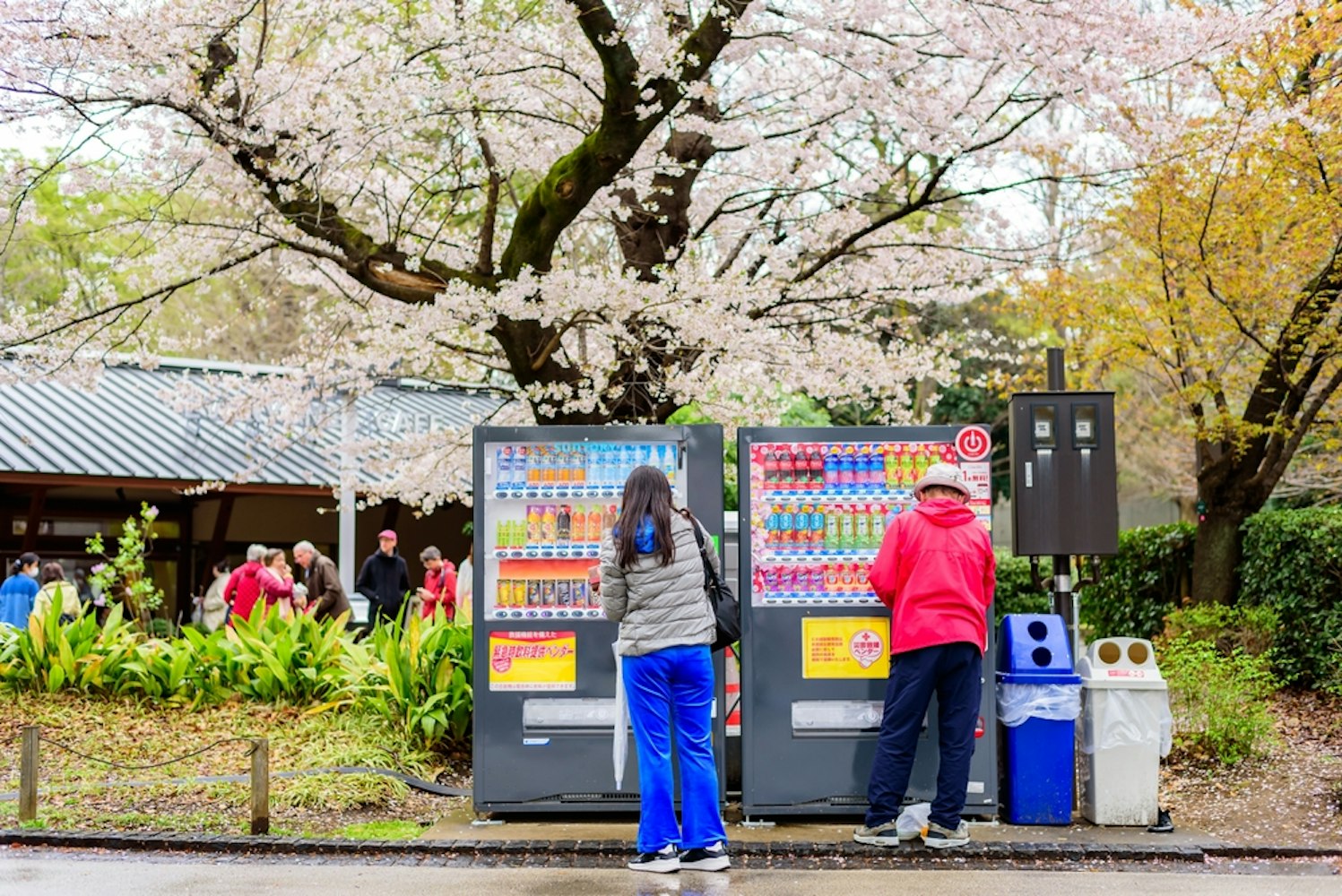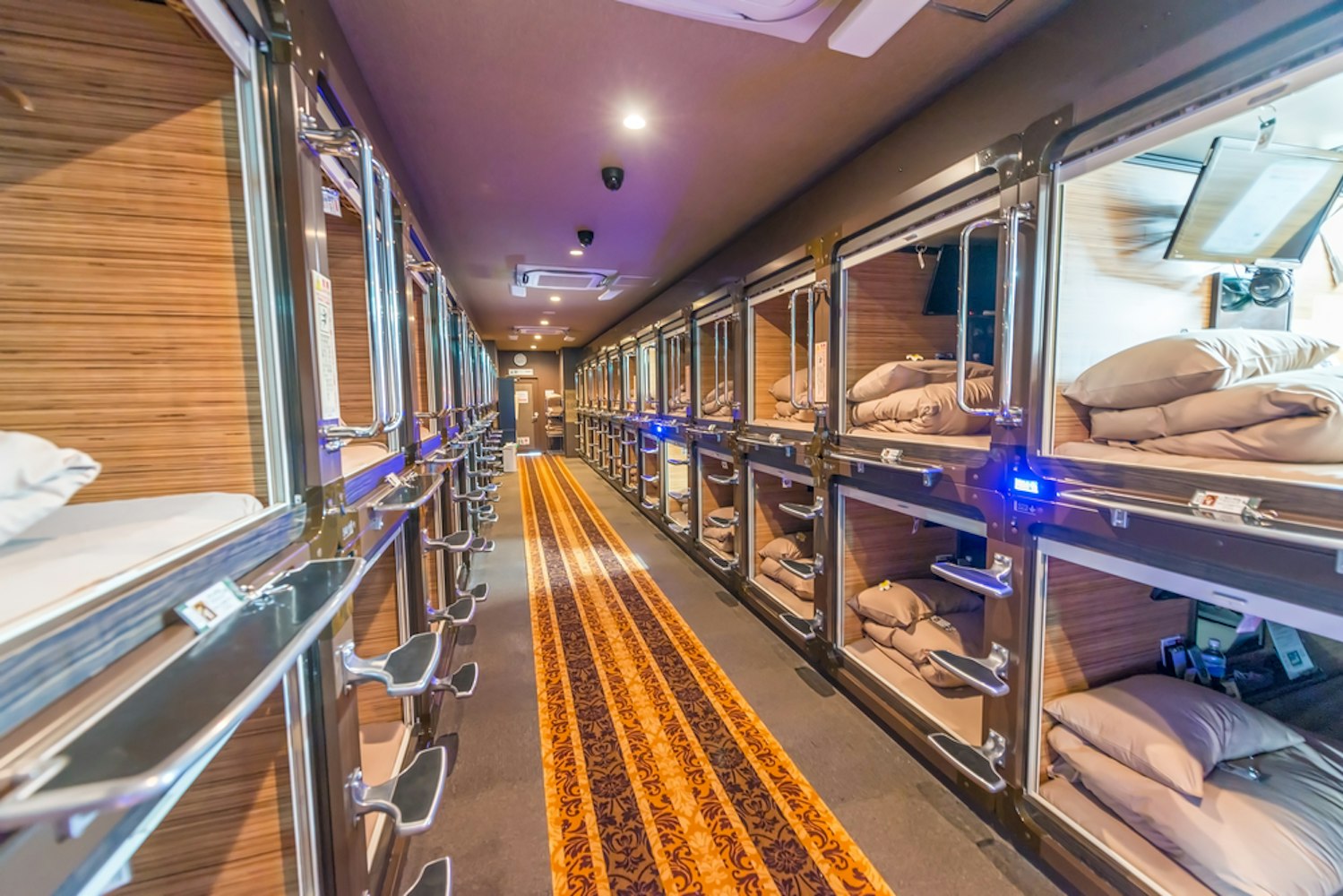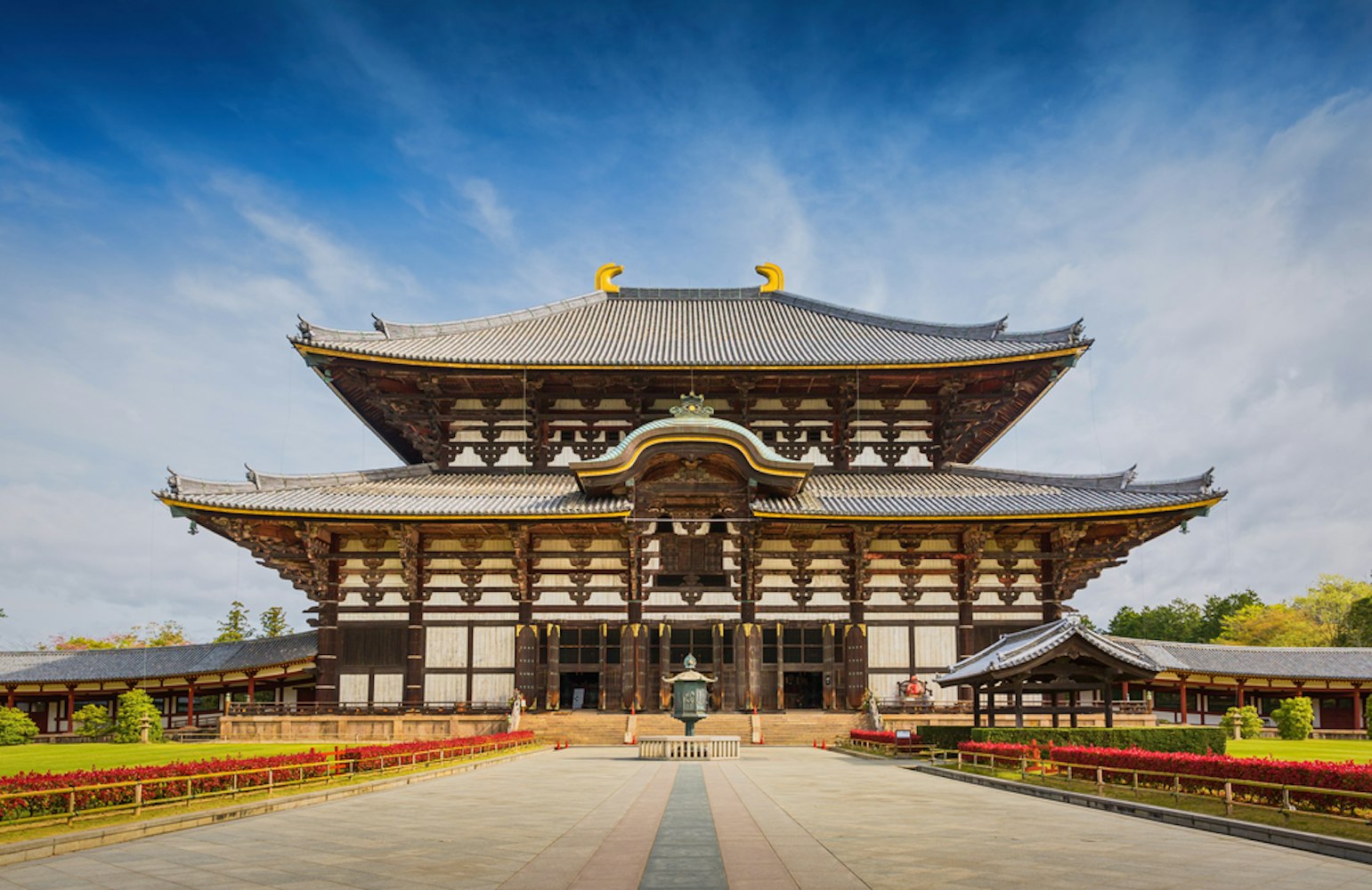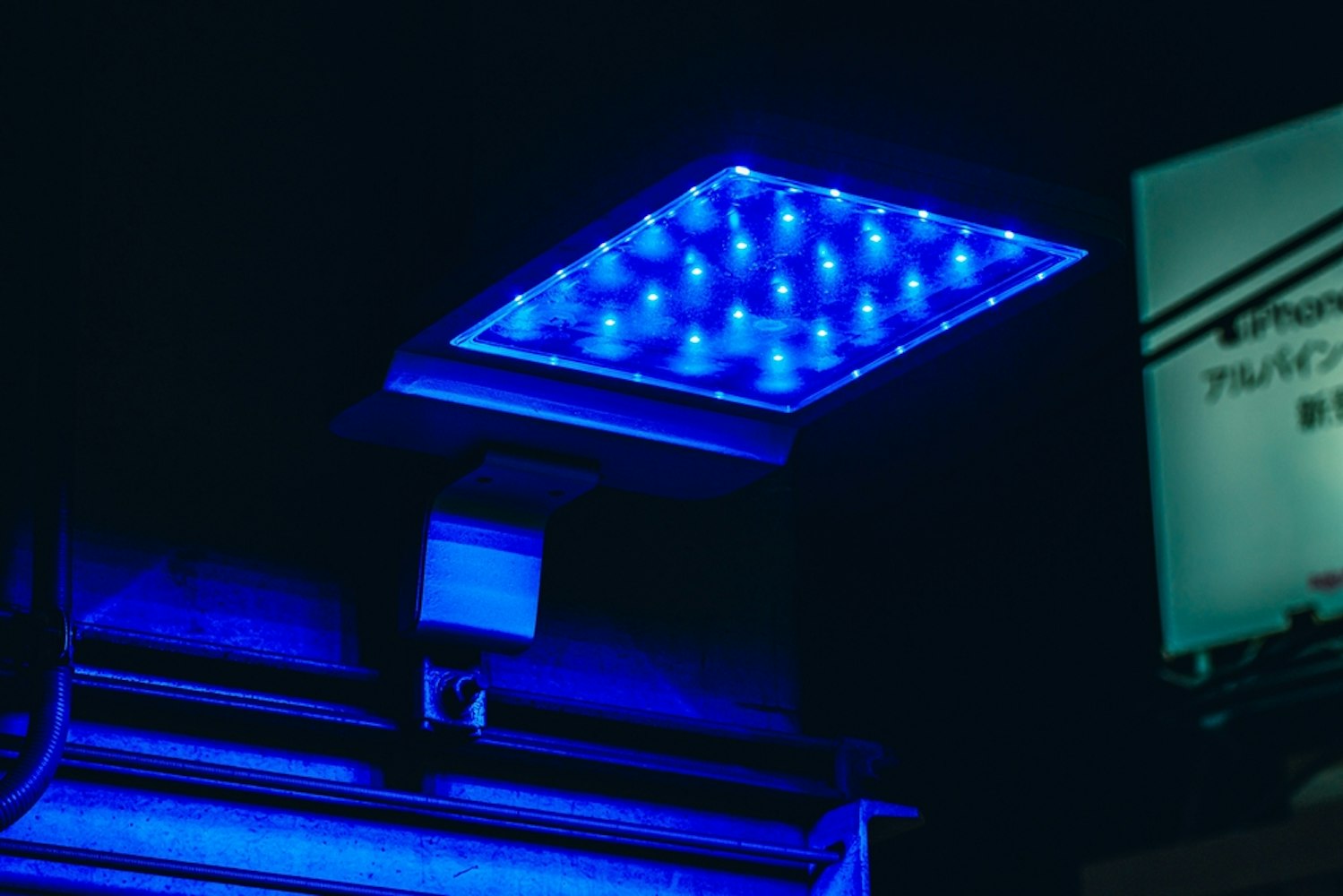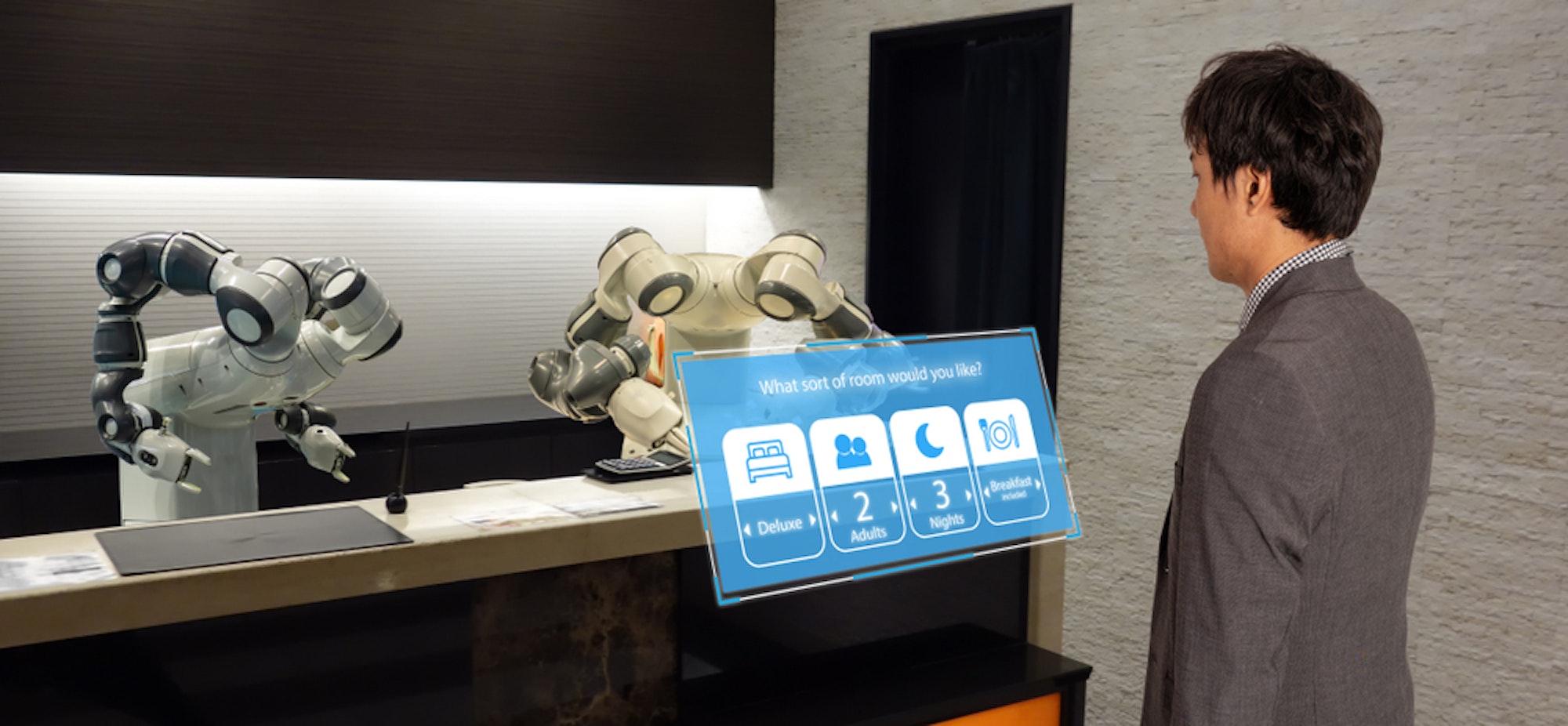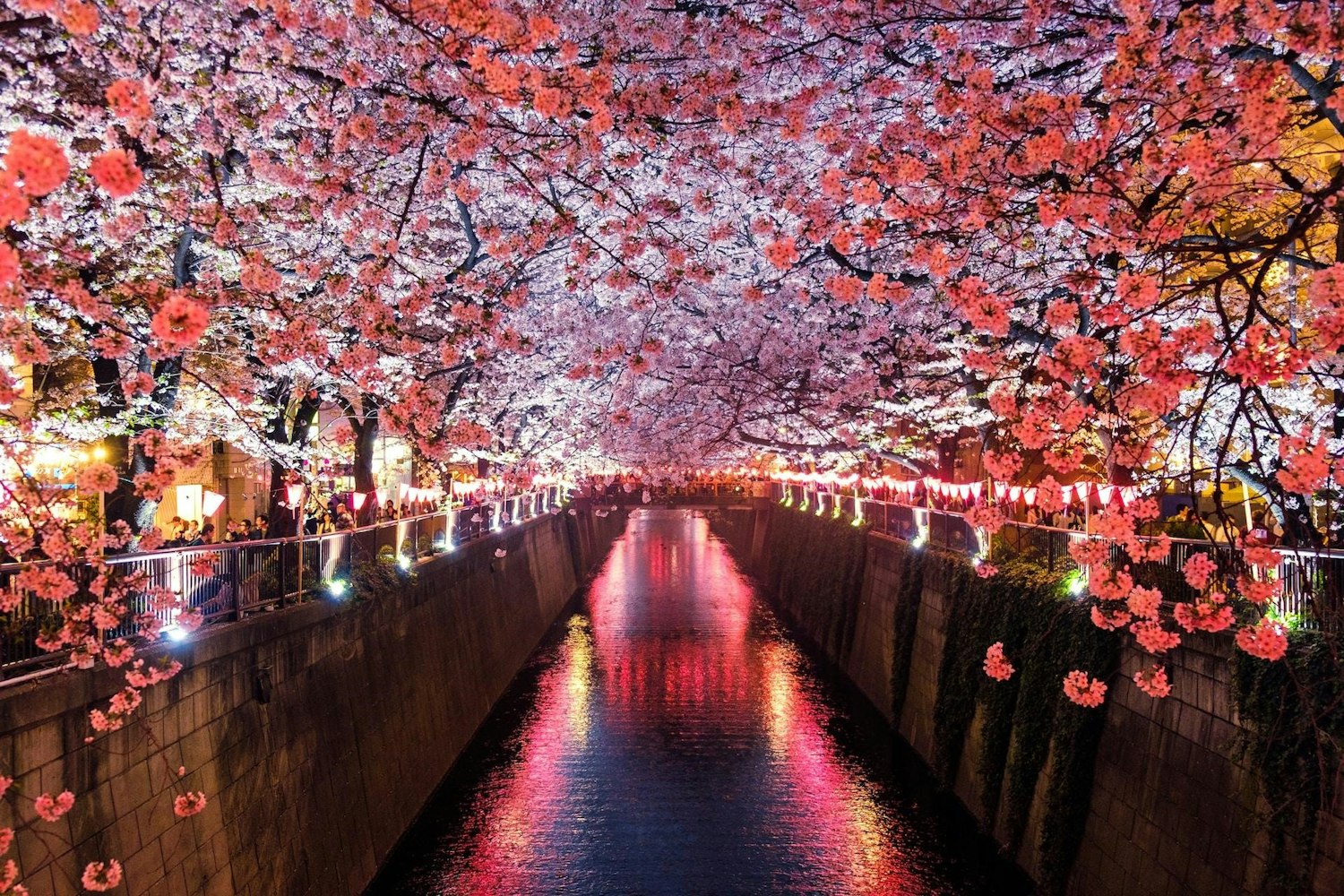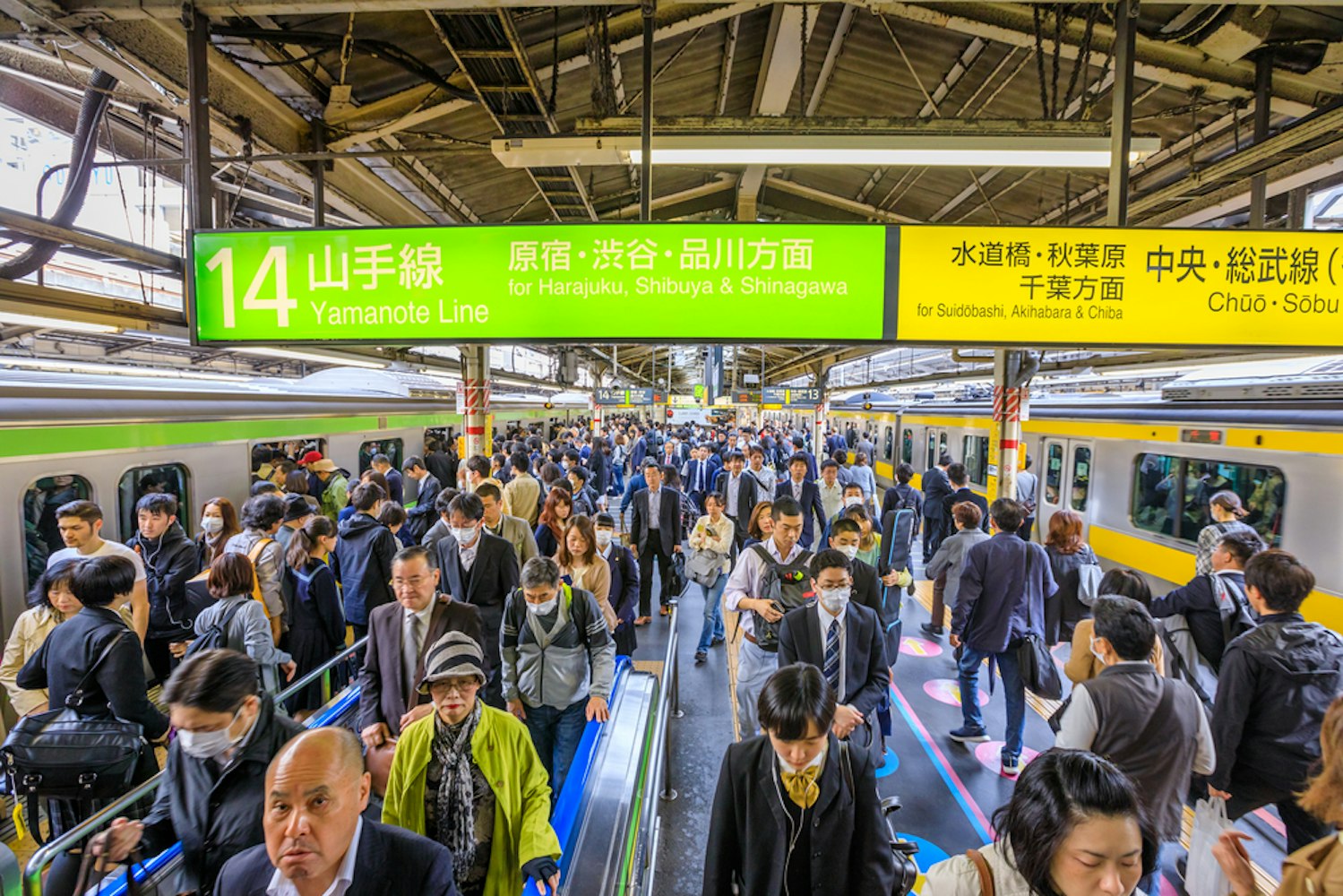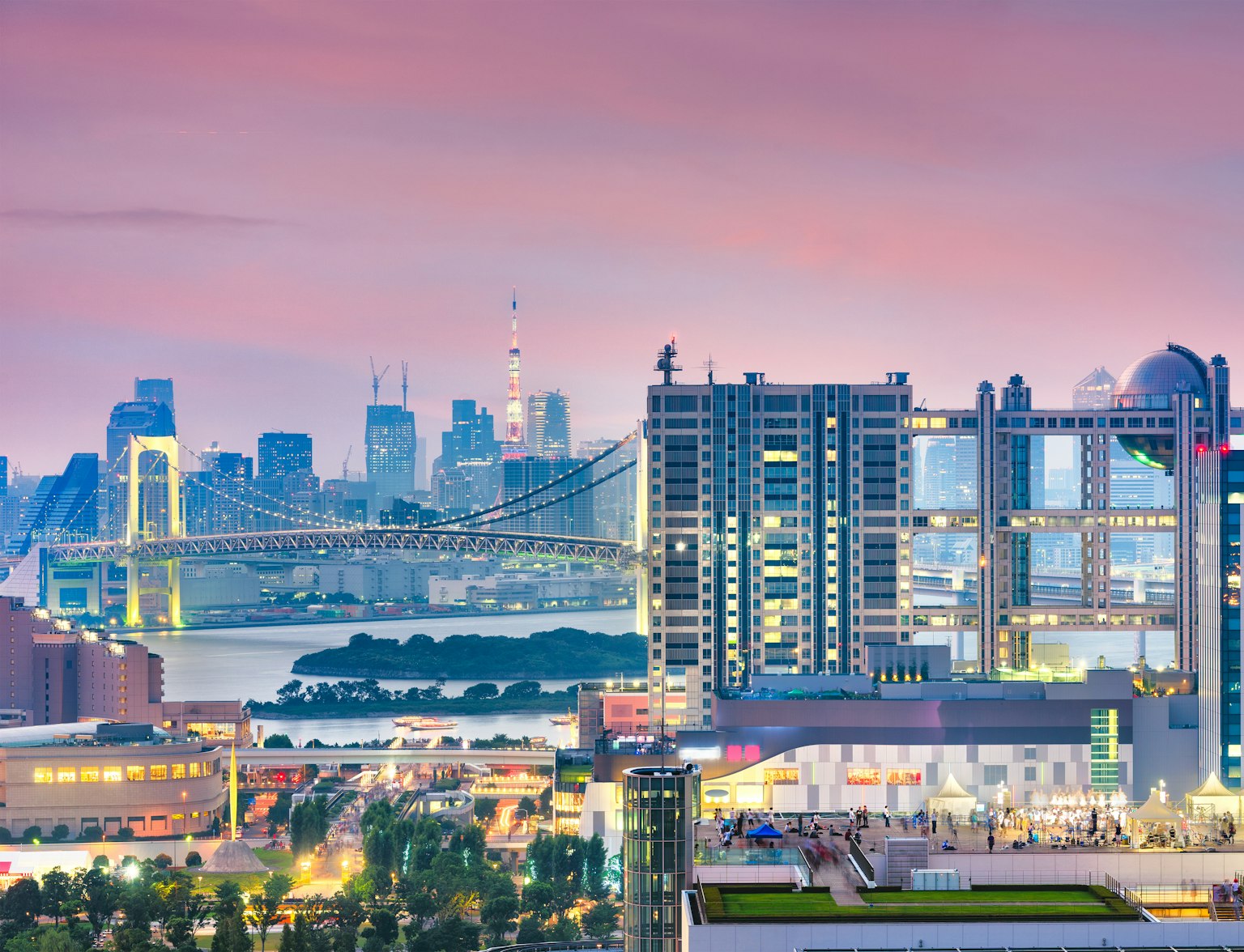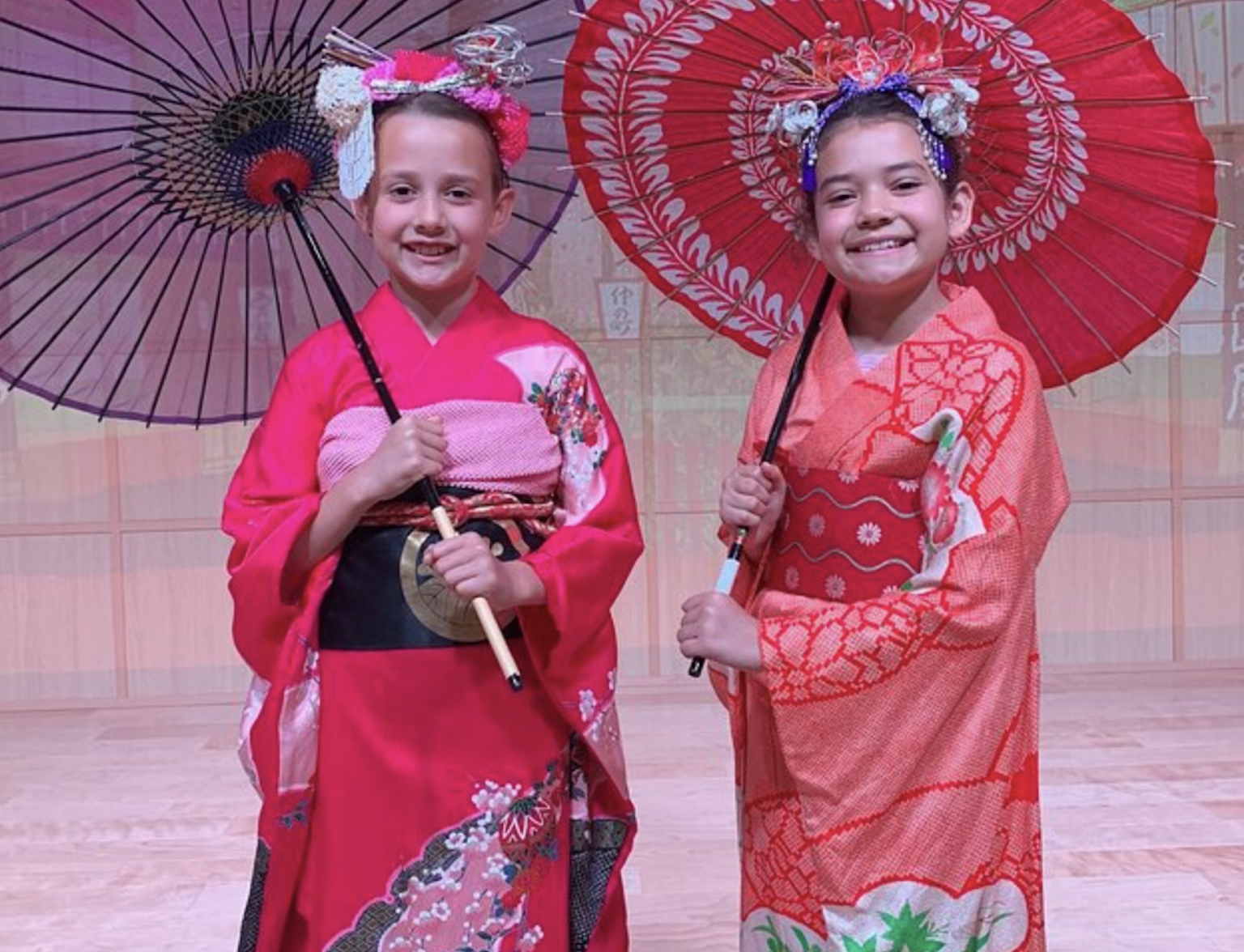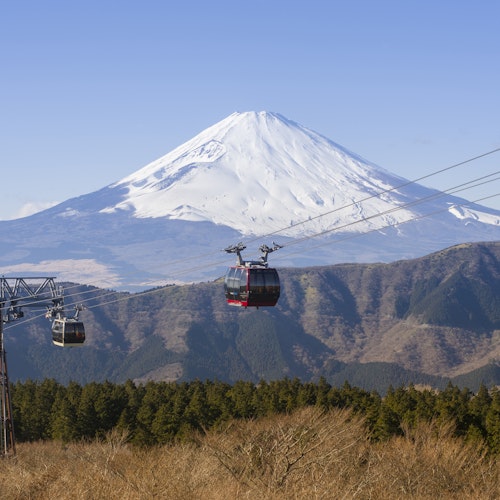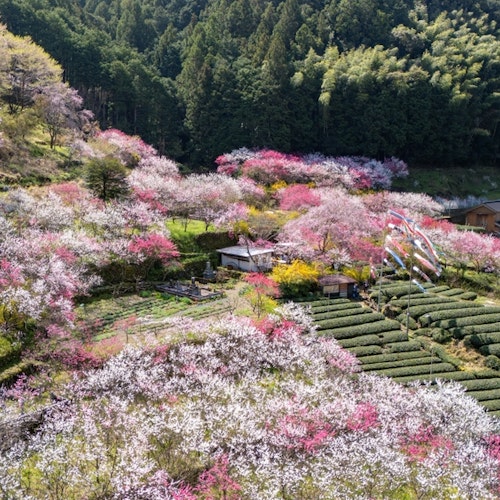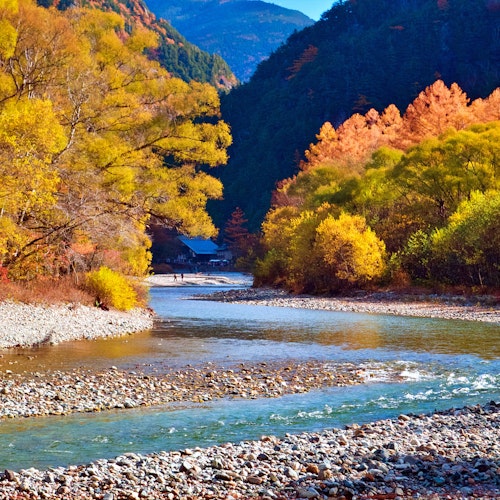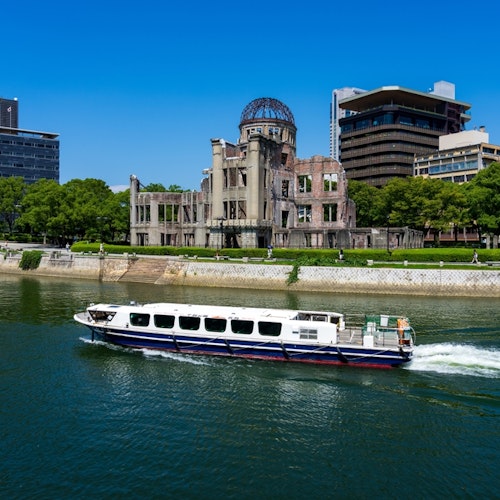15 Interesting Facts About Tokyo That Will Blow Your Mind

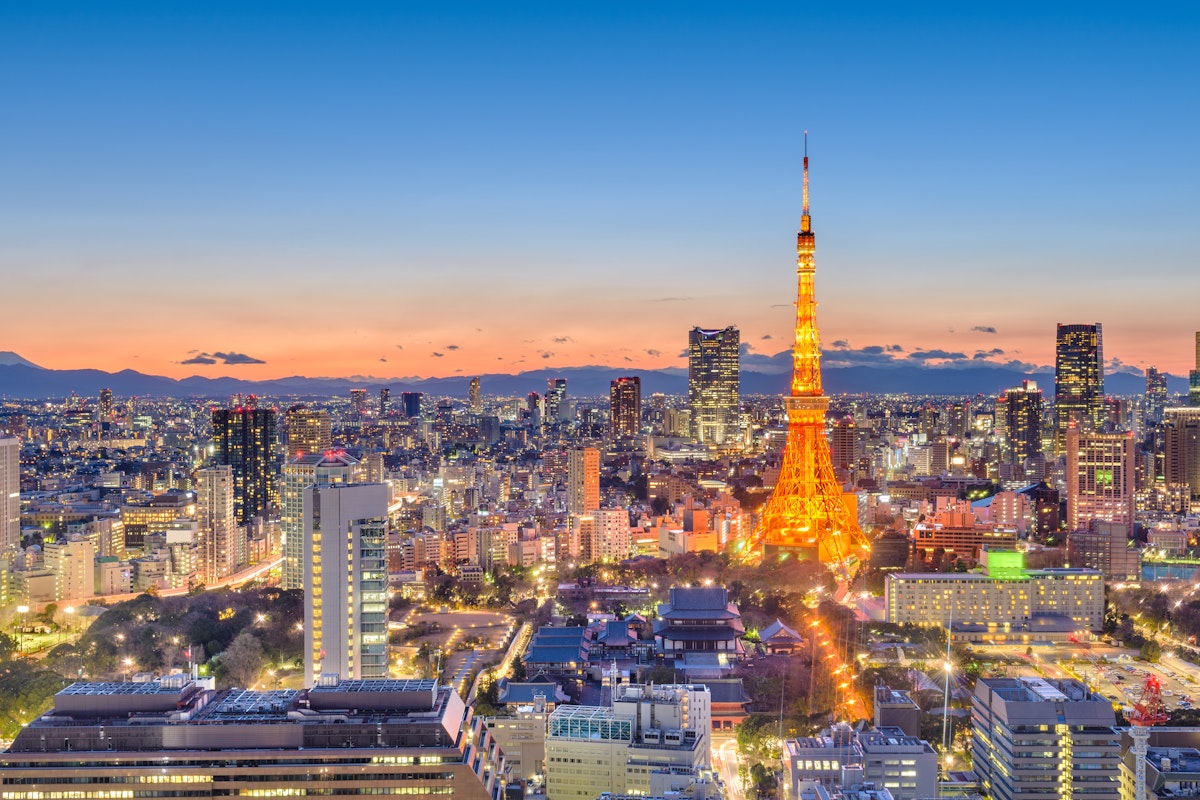
- The Tsukiji Market: World's largest Fish Market
- Tokyo Tower: A Symbol of Japan's Post-War Rebirth
- Tokyo's Love for Anime and Manga
- Tokyo: The World's Most Populous Metropolis
- Tokyo Disneyland: Japan's Kingdom of Magic
- The City of Vending Machines
- Tokyo's Unique Capsule Hotels
- Home to the Oldest Company in the World
- Anti-Suicide Lights in Tokyo’s Metro Stations
- Tokyo's Relationship with Technology
- The Cherry Blossom Festival
- The Eclectic Fashion Scene of Harajuku
- Shinjuku Station: The Busiest Train Station in the World

